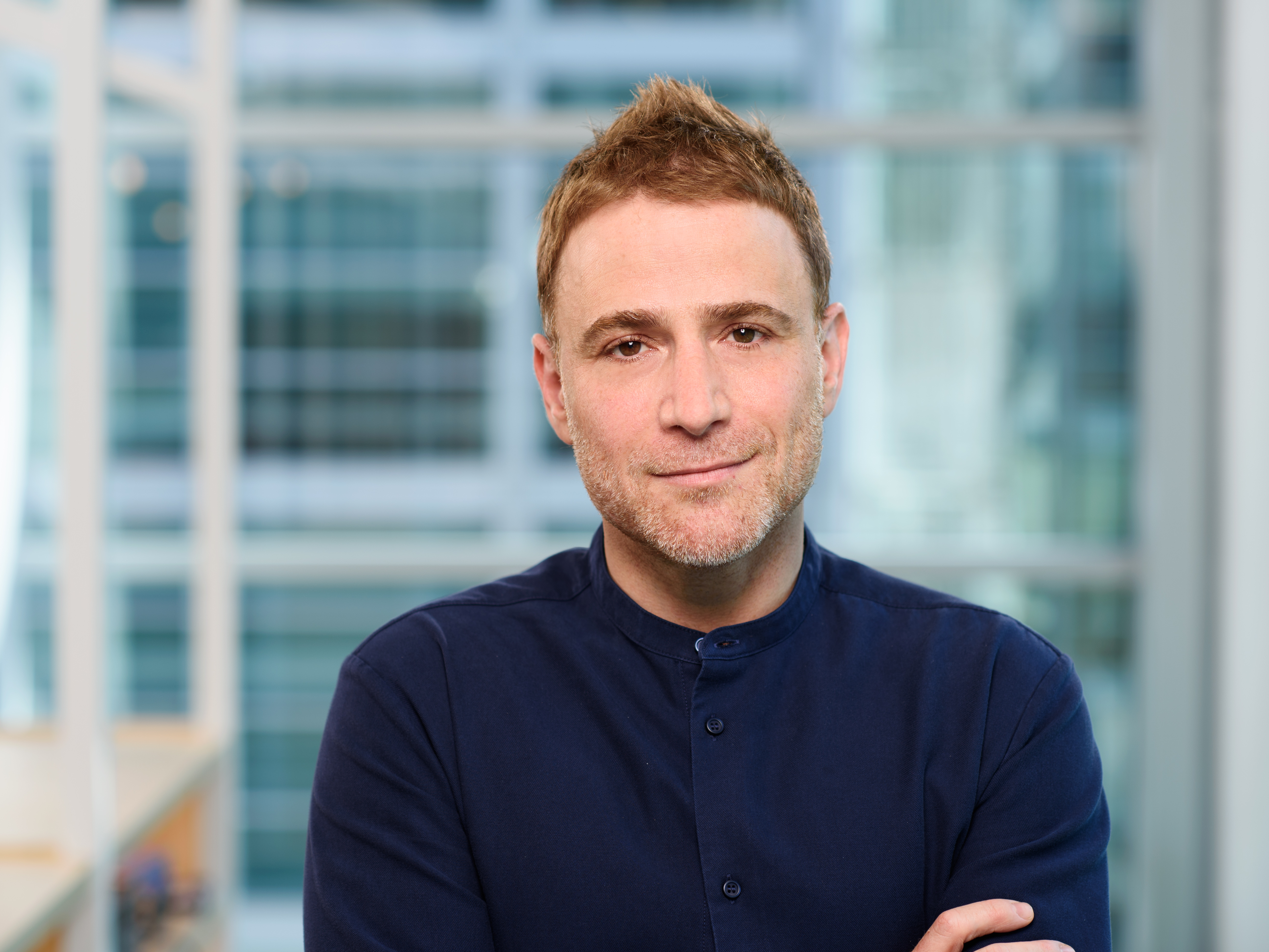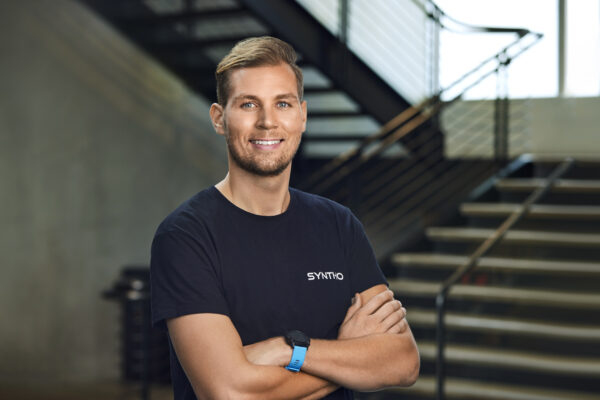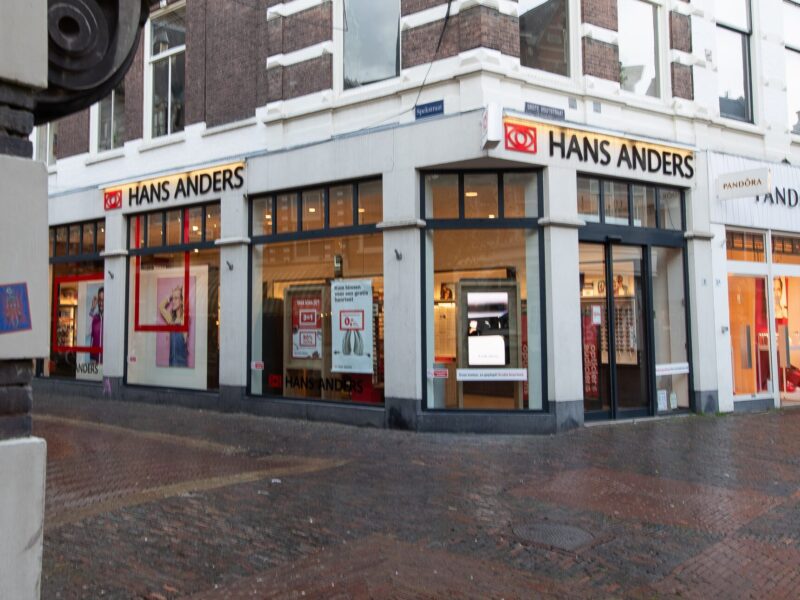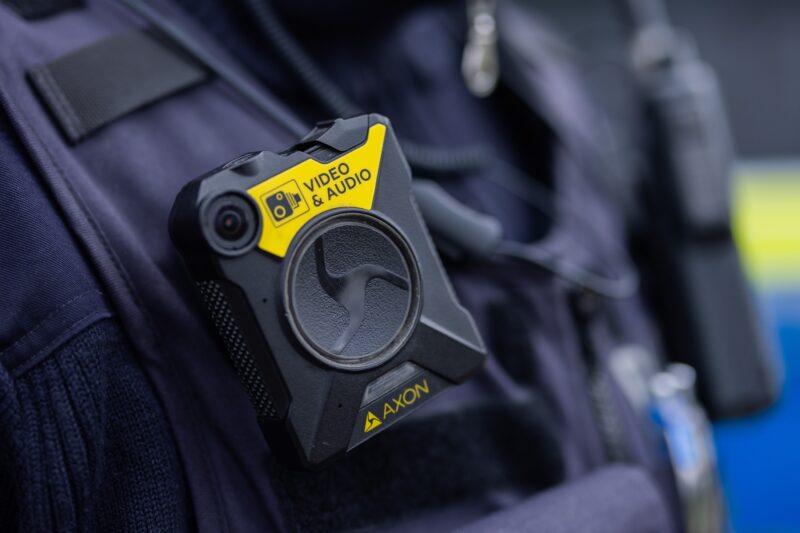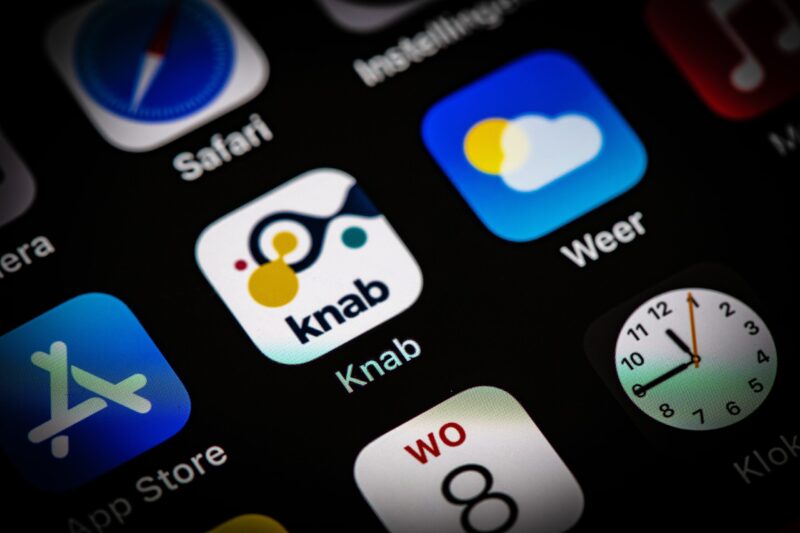- Slack, the fast-growing workplace-chat platform, is about to go public via a direct listing with a possible valuation of $15.7 billion.
- Stewart Butterfield founded Slack in 2013 after selling his first startup, Flickr, to Yahoo for more than $20 million.
- Visit Business Insider’s homepage for more stories.
Stewart Butterfield is on a roll.
Before building his startup Slack – considered by many to be the fastest-growing business app ever, now going public with a possible $15.7 billion valuation – Stewart Butterfield ran another hot startup called Flickr, which sold to Yahoo for over $20 million.
This time, Butterfield’s exit promises to be much splashier. The workplace messaging app, born out of a now-defunct gaming startup Tiny Speck, will find itself in the spotlight when it has what’s widely expected to be an exciting debut on the public markets.
As 2019 shapes up to be a banner year for tech IPOs, Butterfield’s journey to success stands out. Along the way, Butterfield grappled with trying to fundraise for a startup in a post-tech bubble landscape. And even should he successfully navigate Slack to a successful public debut, he still has to deal with the looming threat of Microsoft.
This is an update to a post by Maya Kosoff first published in 2015.
Butterfield was born in 1973 in a small fishing village called Lund in British Columbia. His parents didn't have running water in their log cabin until he was three years old.

When Butterfield was 5 years old, his family moved to Victoria.

A few years later, the Butterfields got a computer. He taught himself to code as a kid, and he designed websites for extra money in college. "I was among the first cohort of kids to grow up with computers," he told Business Insider.
Butterfield graduated from the University of Victoria in 1996 with a philosophy degree.

Shortly after graduating from the University of Victora, he received his Master of Philosophy from the University of Cambridge.
In 2000, he joined his friend Jason Classon at Classon's startup, Gradfinder.com.
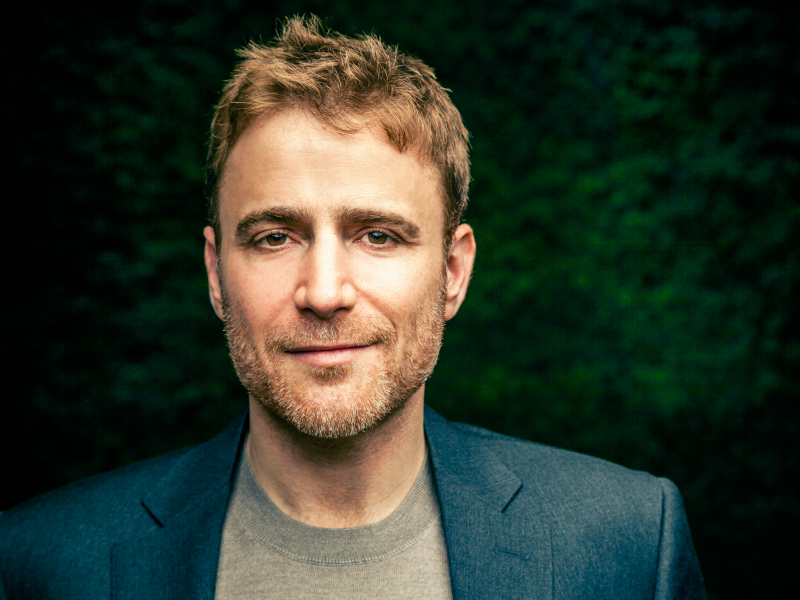
The internet bubble had just burst, but the pair still managed to sell Gradfinder.com for what Butterfield describes as "a healthy profit" to Highwired six months after launching the company.
Classon went to work for Highwei and Butterfield went back to web design freelancing.
Butterfield created a contest called the "5K competition," which encouraged people to design websites in under 5 kilobytes.
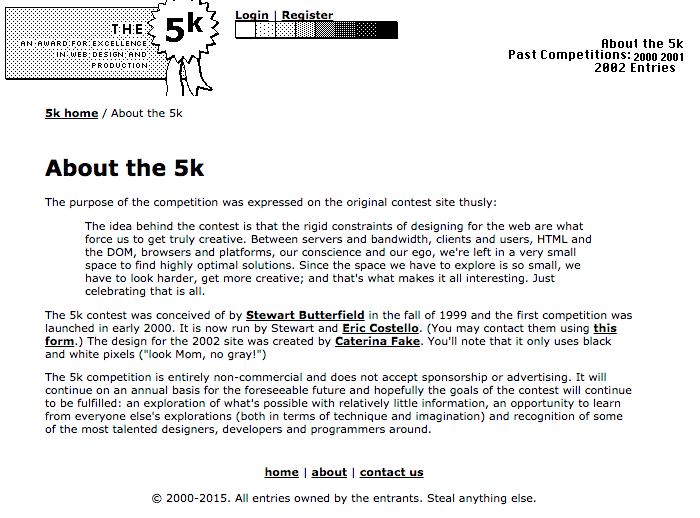
It took off. "It became unexpectedly huge, in every country in the world," Butterfield told Business Insider.
Classon, Butterfield, and his then-wife Caterina Fake all founded Ludicorp, an online multiplayer gaming startup.
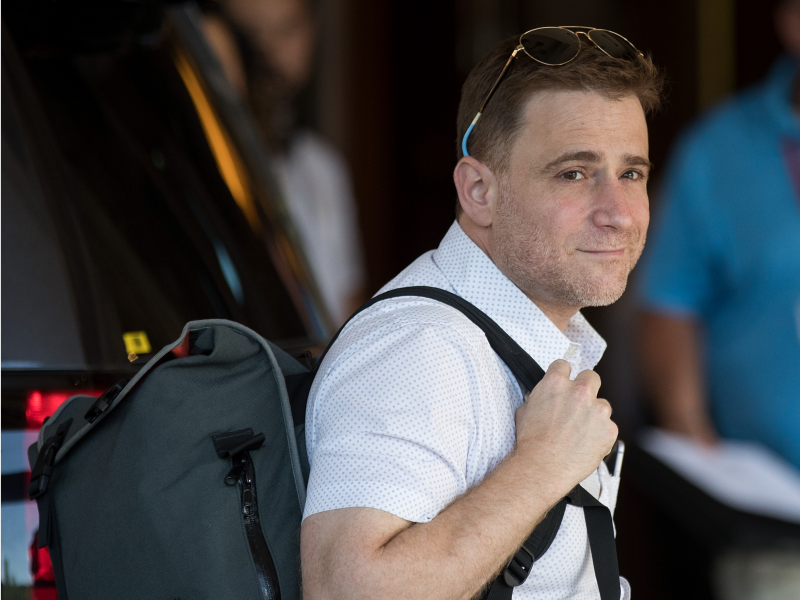
This time, timing did not work in the team's favor. After 9/11 and another tech bubble burst, the company couldn't raise money.
Butterfield got the idea for his next venture, Flickr, as he was throwing up from food poisoning in a New York hotel.
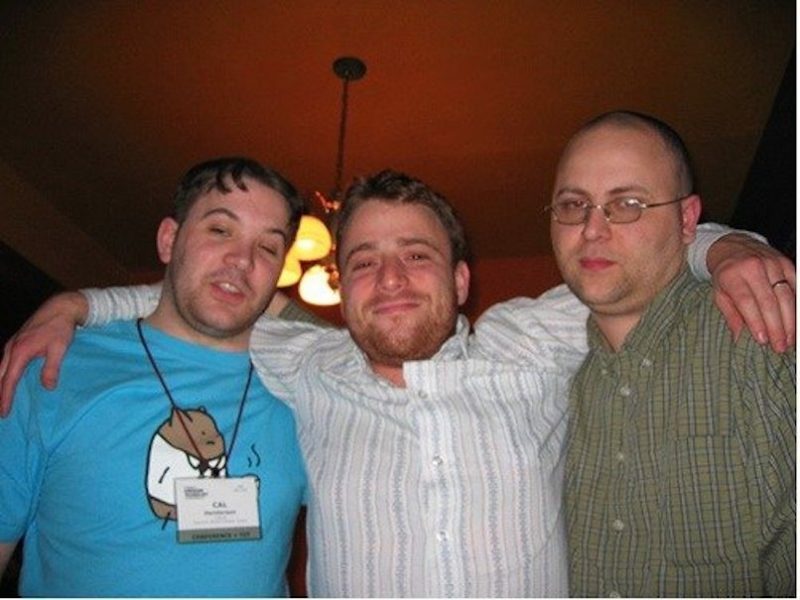
Butterfield's team had created a photosharing platform but realized it wouldn't be successful if it required both parties to be online at the same time. So the Flickr team made some changes and eventually sold to Yahoo for $20 million.
Butterfield and Fake joined Yahoo as part of the acquisition.
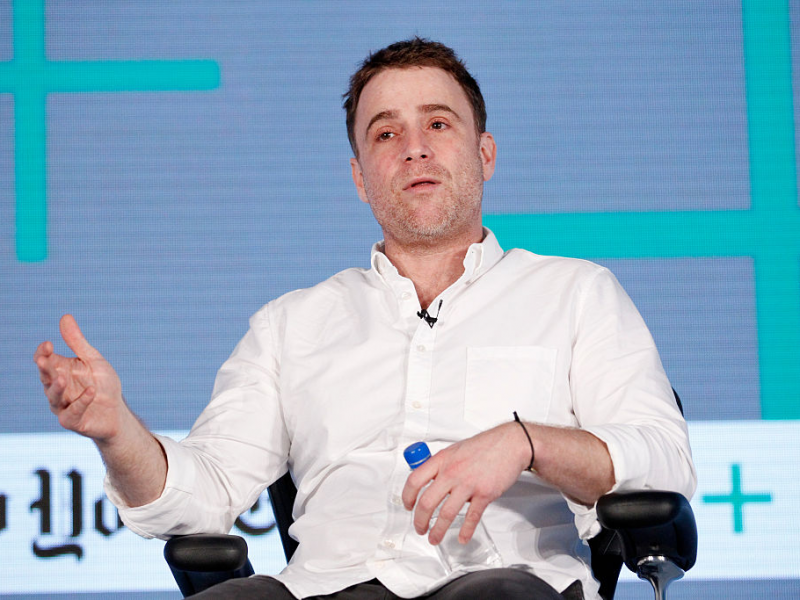
Working at - and leaving - Yahoo was a right of passage for many Silicon Valley stars in the early 2000s, so Butterfield and Fake left the company and separated shortly after.
When he left Yahoo and Flickr, Butterfield wanted to make the multiplayer game he started working on with Ludicorp. He rounded up some of his former coworkers from Flickr and Ludicorp, including Henderson, to found a startup called Tiny Speck and built the game "Glitch."
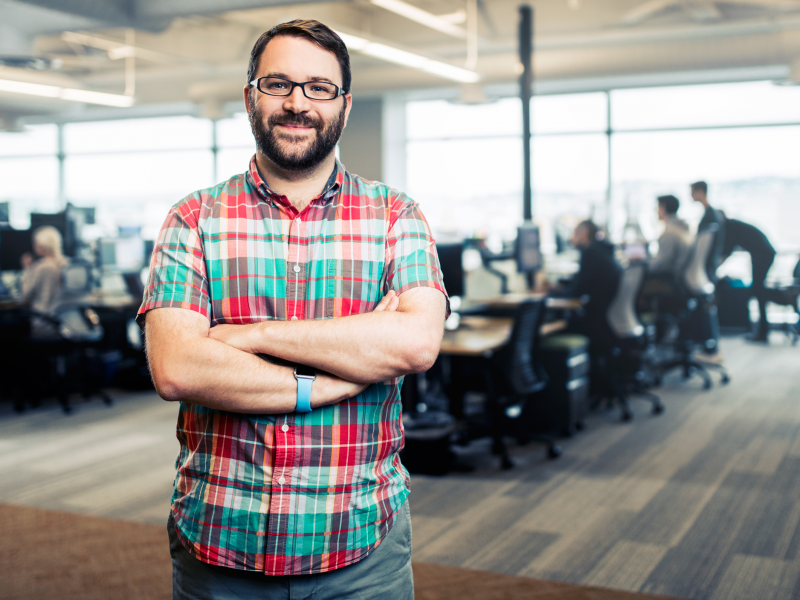
But Butterfield said that Tiny Speck made some mistakes and didn't appeal to large audiences. The team found the perfect pivot: the communication tool he and his team had built to chat in real-time in the game. It became known as an instant messaging platform called Slack, which formally launched in 2014.
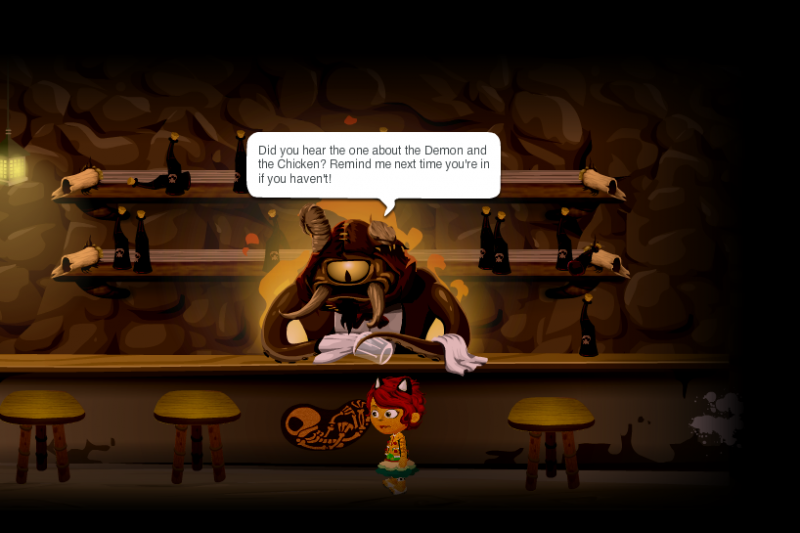
"Glitch," Butterfield once told Business Insider, "was too weird for most people," and shut down in 2012.
Slack's growth impressed some of Silicon Valley's most prominent venture capital firms like Andreessen Horowitz and Kleiner Perkins Caulfield & Byers. In 2015, it became the fastest-ever company to achieve a $1 billion valuation — just eight months after launch.
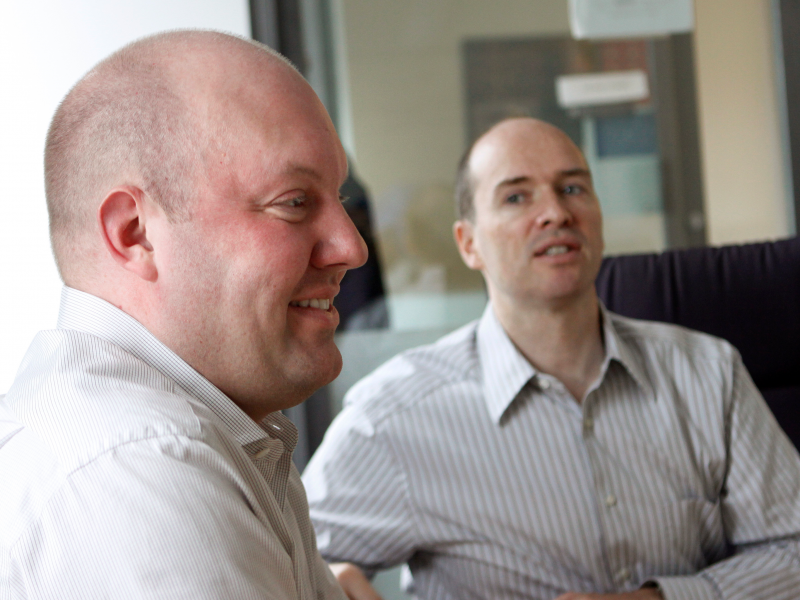
Source: Fortune
By the summer of 2018, Slack grew to over 8 million daily active users, even as rumors swirled that Amazon was looking into an acquisition. All told, Slack raised over $1.2 billion in funding, and hit a $7.1 billion valuation in its last round of funding.
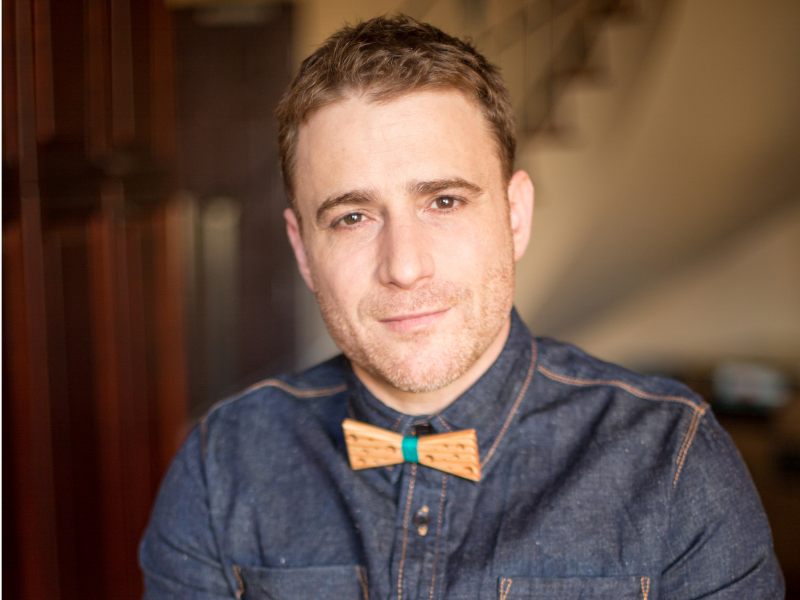
In April, Slack filed to go public.
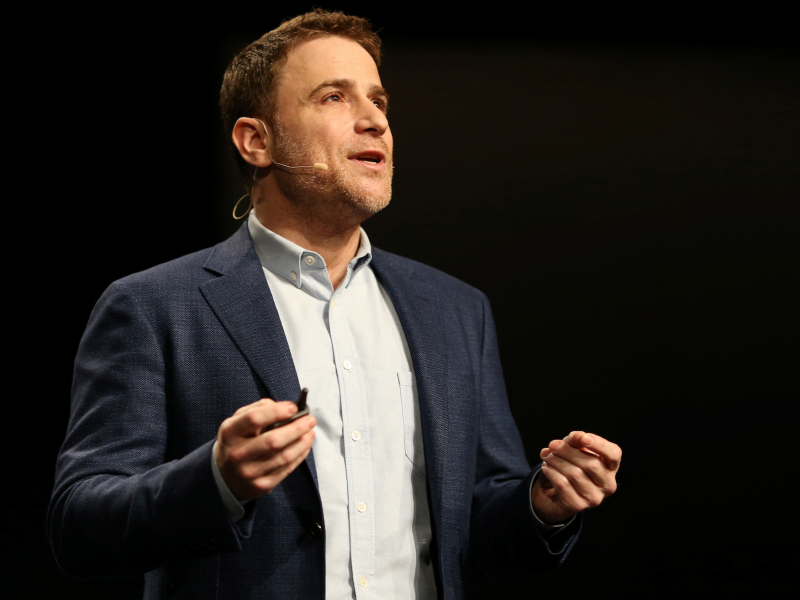
In its IPO filing then, the company said that it did $134.8 million in revenue in its most recent quarter, on losses of $31.8 million. That revenue is up some 67% from the same period of 2018. However, even with that kind of growth, Slack still has to take on Microsoft, which launched its own popular Microsoft Teams product as part of the ubiquitous Microsoft Office 365 suite.
In June, Slack anticipated a 50% increase in revenue in 2020
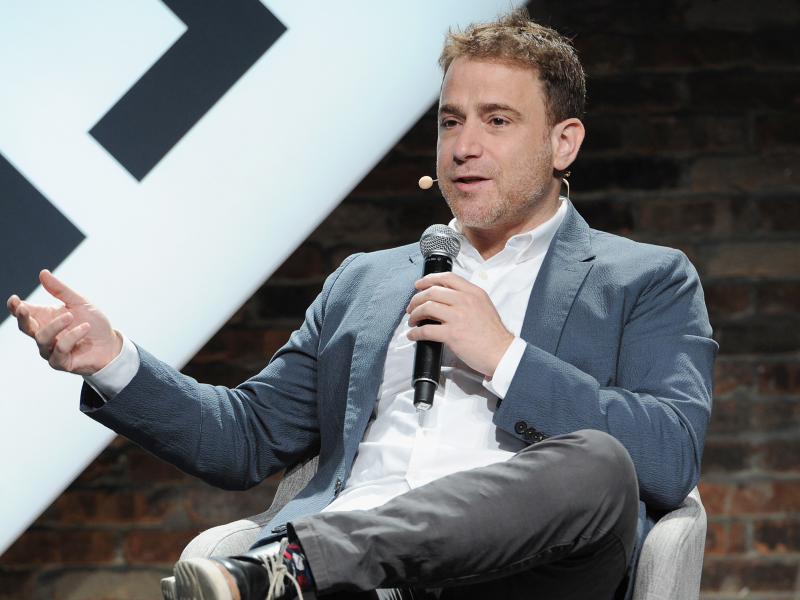
Slack's June earnings report forecasted a doubling of its revenue in the 2020 fiscal year, landing between $590 and $600 million. The report also stated a $33.8 million operating loss in the first quarter fo 2019 (as compared to $20.2 in the first quarter of the 2018 fiscal year). The 2020 adjusted operating loss could be up to $192 million.
Slack will go public Thursday, June 20 at noon.
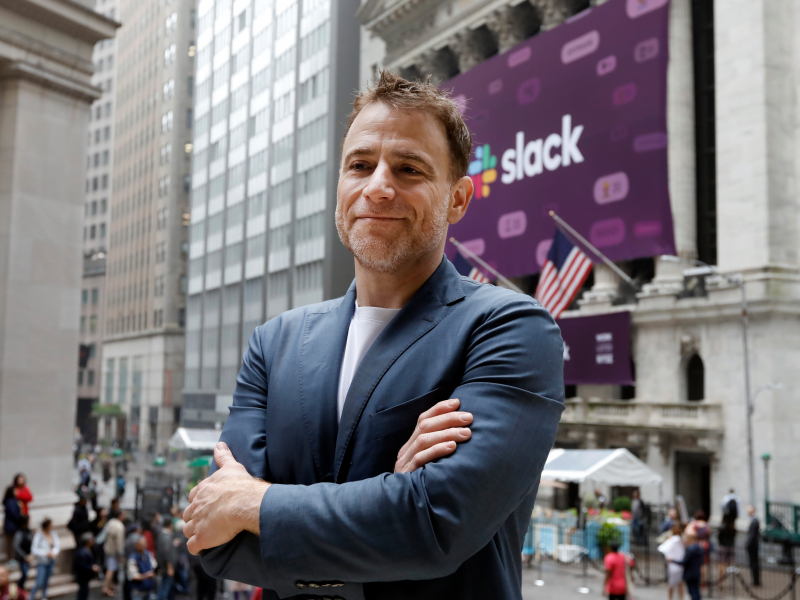
Slack opted for a direct listing over a traditional IPO, meaning designated market maker Citadel Securities will use the New York Stock Exchange's (NYSE) reference price for Slack - $26 per share - to determine when to begin trading shares. If it had been a traditional IPO, shares would be sold to investors at a pre-determined price. Slack's NYSE ticker is expected to be "WORK."
The company's valuation could be $15.7 billion, though with the $26 reference price being exactly that - a reference - the stock could begin trading above or below that price.
Read the latest about its direct listing over at Business Insider, or check out our latest coverage below:
